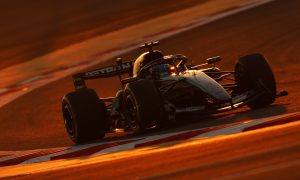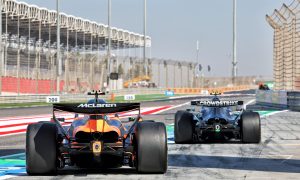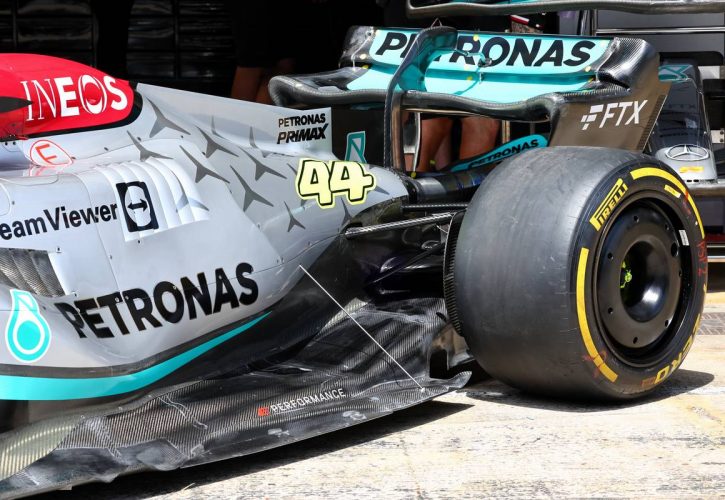
The FIA has published details of new Formula 1 floor tests for 2023, as well as changes to rules about making changes to gearbox designs.
There had been concerns that some teams had designed this year's car floors to meet existing load tests while also allowing for flexibility elsewhere to improve overall performance and help combat 'porpoising'.
This contributed to a technical directive being issued ahead of the Belgian Grand Prix that revised the tests, and there will be more changes ahead of the start of the 2023 season.
A dozen points on the floor have been specified where a load will be applied in order to ensure movement does not exceed 8mm, and the floor will be laser scanned when loads are applied.
However the governing body has reserved the right to move these points if the floor shape has been specifically designed to permit greater levels of flexibility elsewhere.
In addition to the load test changes, floor edges will be raised by 25mm and the under-floor diffuser throat raised as part of a further package of changes to combat ‘porpoising’.
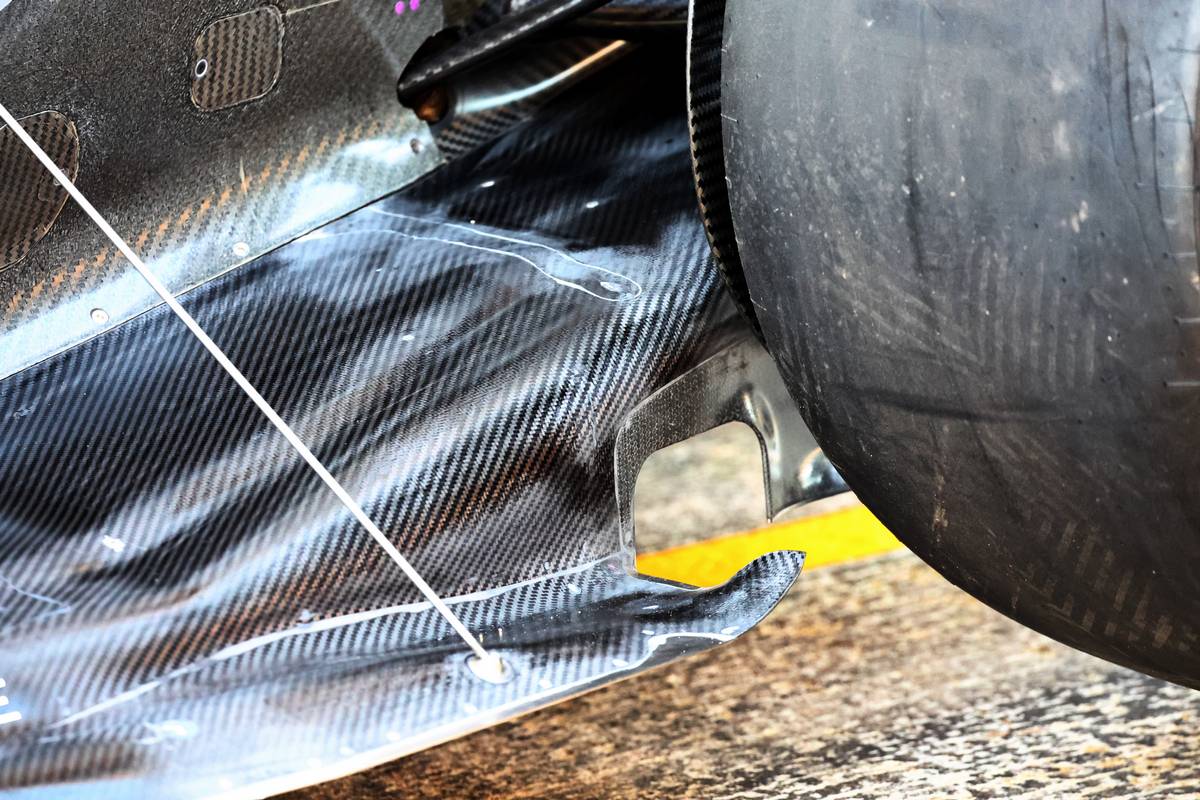
Teams will also be allowed to alter gearbox designs “in the case of materials, processes or proprietary parts becoming unavailable or having their use restricted for health and safety reasons.”
Previously, changes were only allowed “to resolve reliability problems” or “for cost saving”.
This week's meeting of the FIA World Motor Sport Council in Bologna signed off a number of changes to Formula 1's technical rules and regulations for 2023.
Among changes are a formal banning of Mercedes' proposed controversial front wing slot-gap separators, which the team originally brought to the United States GP.
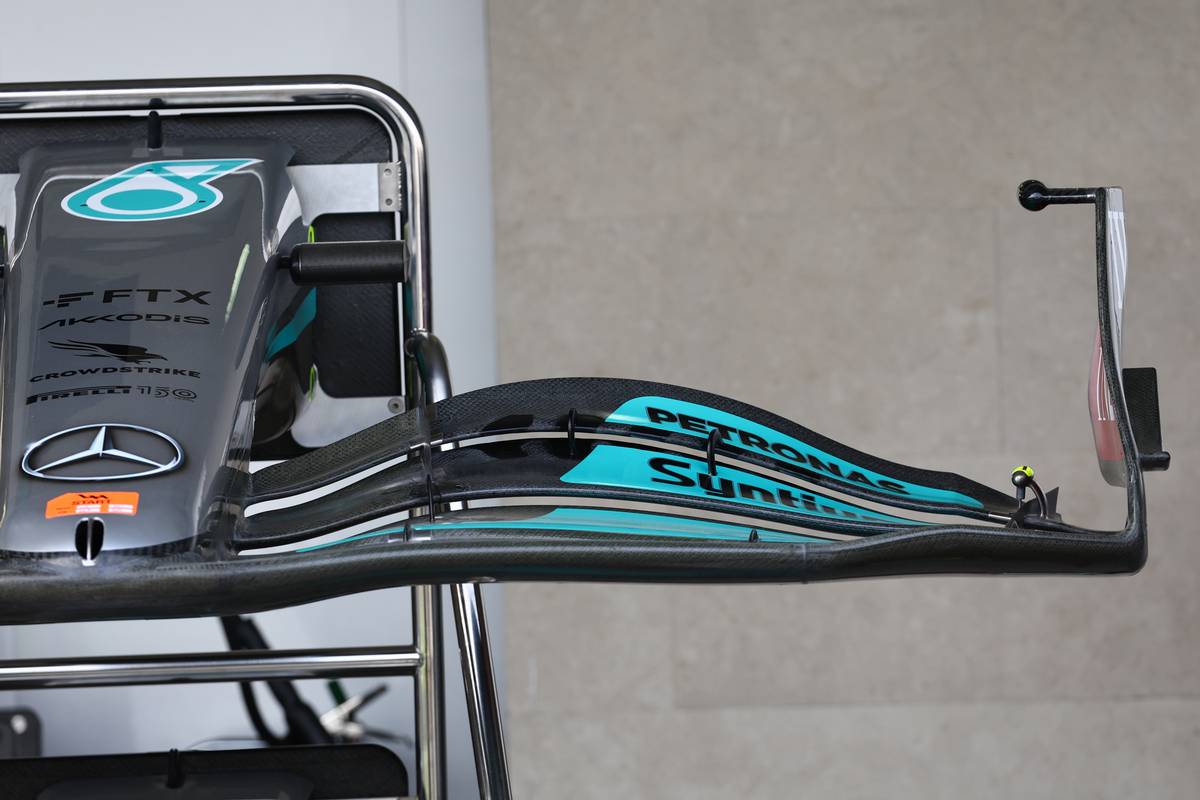
They ultimately decided not to run the wing in Austin and made modifications for ensuring races, for fear of being excluded from the result if rivals lodged a formal protest.
The WMSC has now directly addressed the issue and made it explicit that the separators may not be used in 2023, and also modified the allowed dimensions of the separators to reinforce their original intended purpose.
The small fin-like items helped divert airflow through the wing but the new draft states that separator brackets must now provide a 'structural connection' between consecutive elements.
Gallery: The beautiful wives and girlfriends of F1 drivers
Keep up to date with all the F1 news via Facebook and Twitter




